Analysts worry about UK 5G support in 'iPhone 12'
Members of the UK's telecommunications industry are concerned that support for the country's 5G networks may be limited in the upcoming "iPhone 12" release, with fears it may not include support for 700MHz networks.
It is believed 5G will be an important feature for the 2020 iPhone range, with the new communications technology promising high speed connectivity to consumers. However, Apple's popular iPhone may cause issues for some carriers, depending on Apple's implementation of the technology.
According to analysts speaking to The Telegraph, if Apple elects to not include support for 700MHz 5G bands, this could prevent it from working fully with carriers that build out their networks using it. Carriers are expected to take part in a 700MHz spectrum auction set to take place in early 2021, organized by national regulator Ofcom.
Carriers had the opportunity to reuse existing unused spectrum they own for 5G communications, as well as to repurpose bands already in use for the same purpose, but most elected to wait for the auction to acquire more. The problem is that carriers are already at capacity with their existing allocations.
The exception to the carriers is apparently Three, as the company already owns a considerable amount of 5G spectrum in bands that are expected to be usable by the iPhone. In the event 700MHz bands aren't supported by Apple, this would hand Three a sizable advantage in the UK.
This would be a similar situation to one that took place during the launch of the iPhone 5, with carrier EE the only one in the market with sufficient 4G coverage to be reliable.
After the auction, the rollout of 700MHz 5G networks will be "quite quick" according to 5G analyst Simon Rockman, "because the networks really, really need it." The UK telecommunications industry may talk about "missed opportunities" if Apple doesn't include 700MHz support, suggests Rockman.
Lacking support for 700MHz may also lead to "coverage problems" for consumers, warns Assembly analyst Matthew Howett. "The spectrum bands that the iPhone works on are crucially important," he said.
The talk of spectrum support may be very late in the day for UK carriers considering the expected launch of the new models on Tuesday. As Apple hasn't given any indication of what bands it will or won't support ahead of launch, it's possible the fears could be completely unwarranted.
What is 5G?
Telecommunications known as 5G actually covers two different spectrum areas: Sub-6GHz and mmWave.
The sub-6GHz bands, as mentioned above, will provide widespread coverage for carriers, with highly durable bands being used that are somewhat close to the ranges used by carriers currently. This includes T-Mobile's 600MHz-based 5G network, which practically consists of solely 600MHz spectrum.
The headline speeds of 5G are supplied by what's known as mmWave, spectrum in the range of 24GHz to 100GHz, which could provide gigabit-speed connections to users. However, mmWave signals are fragile, easily blocked by surfaces and even rain, and operate at far shorter distances.
For carriers, this means mmWave 5G will be reserved for cities and built-up areas with high population densities, while sub-6GHz bands will be used for blanket coverage. All of it will be classifiable as 5G, with most consumers using the slower version the majority of the time, and the higher-band version where available.
 Malcolm Owen
Malcolm Owen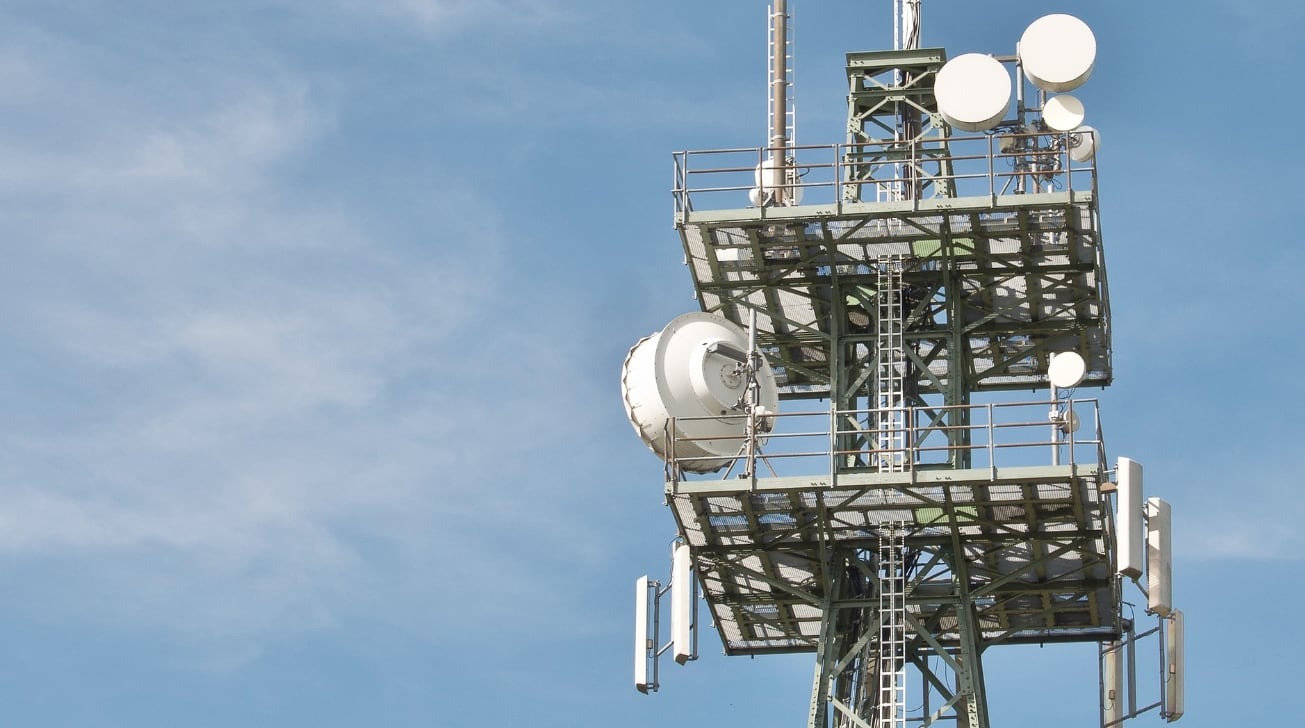

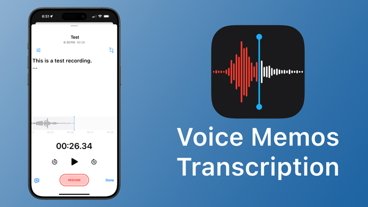
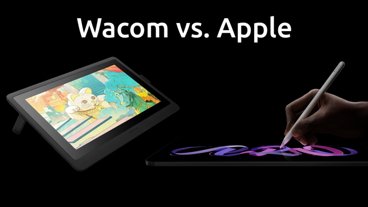
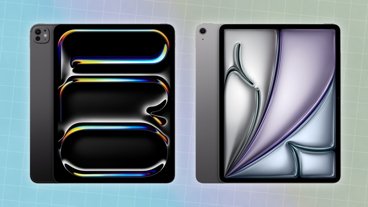
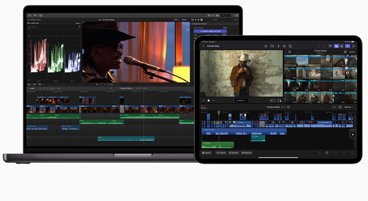
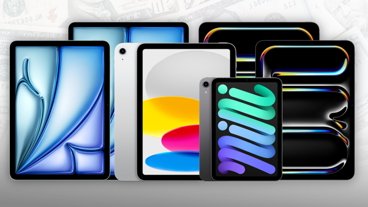







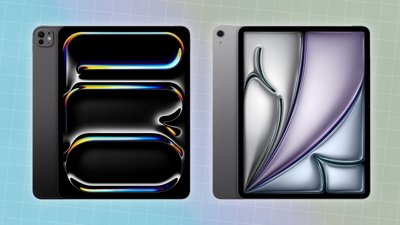
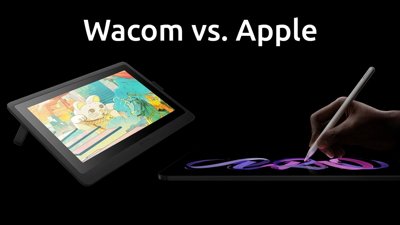
 Amber Neely
Amber Neely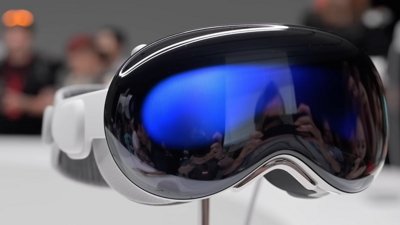
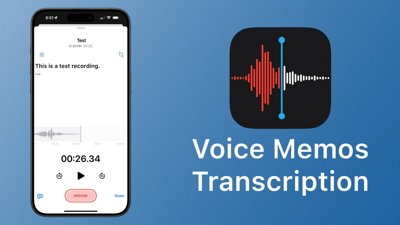
 Marko Zivkovic
Marko Zivkovic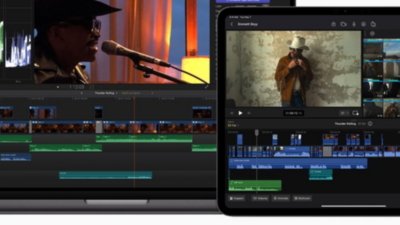
 David Schloss
David Schloss
 Wesley Hilliard
Wesley Hilliard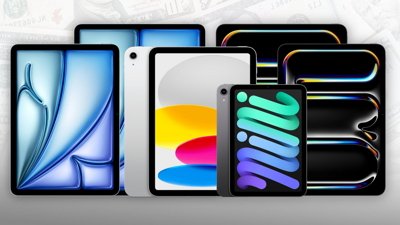
 Mike Wuerthele and Malcolm Owen
Mike Wuerthele and Malcolm Owen









29 Comments
LOL!
And so what is he suggesting by that statement, that Apple is somehow obliged to use the frequencies available in the UK? It's so reminiscent of several governments trying to micromanage iOS, and now people are expecting Apple's hardware to also be micromanaged by the government.If GM doesn't want to make cars with left-handed steering, there's nothing the UK can do to force them. And if Apple doesn't want to sell iPhones with certain hardware frequencies, there's nothing the UK can do to force them either.
It sounds like one UK vendor actually planned ahead by investing properly, and now the UK telecom industry is unhappy that they aren't getting the same windfall as the smart company.
Except Three has halted 5G rollout in central London, apparently due to the Huawei debacle.
5G is marketing hype. Almost no one needs it in a mobile phone. It’s mainly a way to provide carriers more capacity. They can get that capacity in many different ways. 5G is Qualcomm’s very successful marketing hype to pressure Apple to use their chips and sell more chips to everyone.
I've read several articles suggesting that Apple will support Sub6Ghz and not worry about mmWave until next year. So 700Mhz support is the more not less likely. mmWave will be a long time in coming.
Maybe it’s just me, but why not wait until the phones are announced to review and be worried about the support or lack thereof.